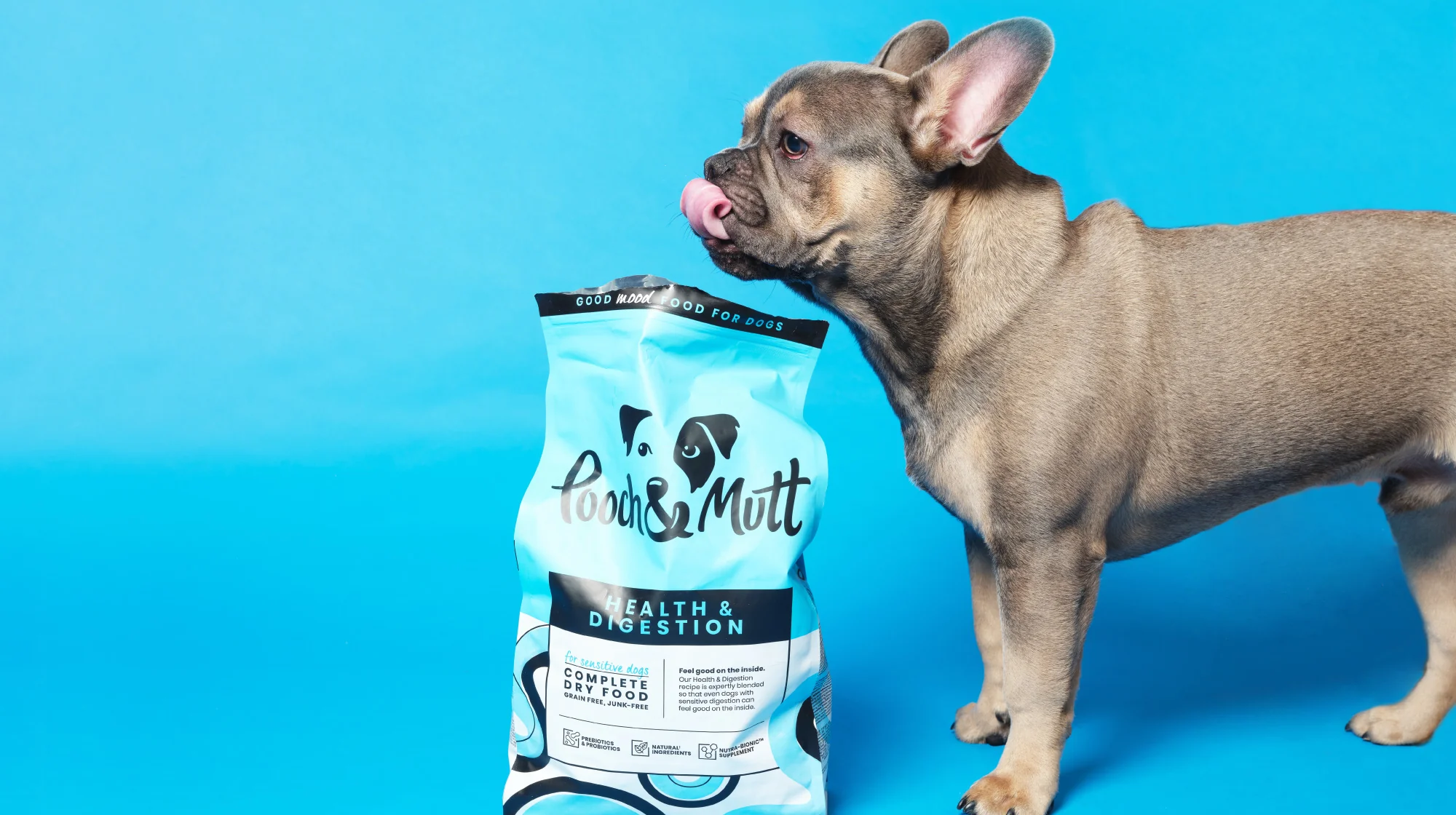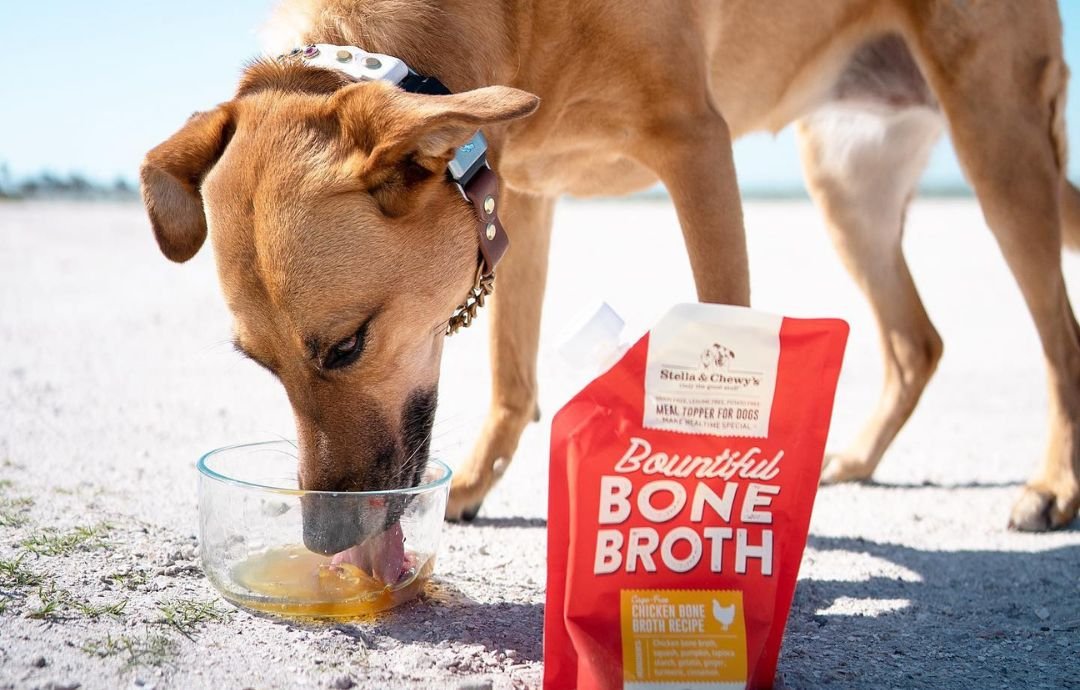When it comes to choosing the best food for our furry friends, many pet owners consider dog foods with added probiotics for digestion. Probiotics are live bacteria that help maintain a healthy gut. They can improve your dog’s digestive health, enhance nutrient absorption, and support their overall well-being. In this article, we’ll discuss the benefits of probiotics, the types of dog foods to consider, and some of the best options available on the market.
Understanding Probiotics and Their Benefits
Probiotics are beneficial bacteria that live in your dog’s gut. They play a crucial role in maintaining digestive health. When dogs consume food with added probiotics, they receive these live microorganisms that can help balance the gut flora. A healthy gut flora can reduce gastrointestinal issues, such as diarrhea, constipation, and gas. Moreover, probiotics can strengthen your dog’s immune system and improve their overall health.

1. Look for High-Quality Ingredients
When selecting dog foods with added probiotics for digestion, it’s essential to choose products with high-quality ingredients. Look for foods that list real meat, whole grains, and fresh vegetables as the main components. Avoid foods with fillers, artificial additives, or by-products. High-quality ingredients ensure that your dog receives the nutrients they need while benefiting from the added probiotics.
2. Check for Specific Probiotic Strains
Not all probiotics are the same. Different strains of probiotics have different effects on your dog’s health. When choosing dog foods with probiotics, look for specific strains that have been shown to be effective for canine digestion, such as Lactobacillus acidophilus and Bifidobacterium animalis. These strains can help enhance your dog’s digestive health and support a balanced gut microbiome.
3. Consider Your Dog’s Age and Size
When selecting the right dog food, consider your dog’s age, size, and dietary needs. Puppies, adult dogs, and senior dogs have different nutritional requirements. Many brands offer specialized formulas that cater to specific life stages. Ensure that the dog foods with added probiotics for digestion you choose are appropriate for your dog’s age and size to provide optimal nutrition.
4. Evaluate the Texture of the Food
The texture of the food can also affect your dog’s willingness to eat it. Some dogs prefer dry kibble, while others enjoy wet or canned food. Many brands offer a variety of textures, including crunchy kibble and moist chunks, often enriched with probiotics. Experimenting with different textures can help you find the right one that your dog enjoys while still providing digestive benefits.
5. Read Reviews and Testimonials
Before committing to a specific brand or product, it’s a good idea to read reviews and testimonials from other dog owners. These insights can provide valuable information about the effectiveness of the dog food in promoting digestion and overall health. Look for reviews that mention improvements in digestion or overall well-being, as these can indicate a positive experience with the product.
6. Consult with Your Veterinarian
Always consult your veterinarian before changing your dog’s diet. They can offer personalized recommendations based on your dog’s health, breed, and dietary needs. Your vet can also help you determine if probiotics are necessary for your dog and which dog foods with added probiotics for digestion might be the best fit.
7. Monitor Your Dog’s Reaction
Once you’ve chosen a new dog food with added probiotics, closely monitor your dog’s reaction to it. Look for any changes in digestion, energy levels, and overall health. If you notice any adverse reactions, such as upset stomach or allergies, consult your veterinarian. Adjusting the diet gradually can also help minimize digestive issues.
8. Gradually Transition to New Food
If you decide to switch to dog foods with added probiotics for digestion, do so gradually. Mix the new food with your dog’s current food over a week or two. This slow transition helps your dog adjust to the new diet and reduces the risk of digestive upset. Start with a small amount of the new food and gradually increase it while decreasing the old food.
9. Look for Complete and Balanced Nutrition
When choosing dog foods, ensure they are labeled as “complete and balanced.” This label means the food meets the nutritional standards set by the Association of American Feed Control Officials (AAFCO). These foods provide the necessary vitamins, minerals, and nutrients for your dog, along with the added probiotics for enhanced digestion.
10. Consider Homemade Options
If you prefer to prepare your dog’s meals at home, you can also add probiotics to homemade dog food. Many pet owners add probiotic supplements or fermented foods like plain yogurt or kefir to their dog’s meals. However, it’s crucial to consult with a veterinarian or a pet nutritionist to ensure your homemade diet is complete and balanced.
Conclusion
Choosing the best dog foods with added probiotics for digestion can significantly improve your dog’s digestive health and overall well-being. By selecting high-quality ingredients, considering your dog’s unique needs, and monitoring their health, you can make informed decisions that benefit your furry friend. Remember to consult with your veterinarian for personalized advice to ensure your dog thrives on their new diet.











